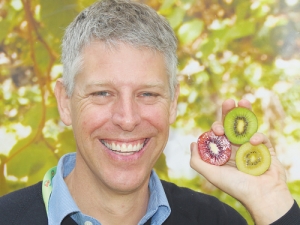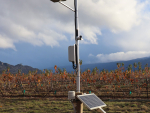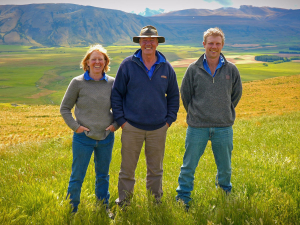The TPP will generate significant value for the New Zealand kiwifruit industry, says marketer Zespri.
The agreement will eliminate tariffs on kiwifruit exports in all 12 Asia-Pacific nations.
The other countries in the agreement – Brunei, Chile, Singapore, USA, Australia, Peru, Vietnam, Malaysia, Mexico, Canada – either do not have tariffs on kiwifruit, have existing free trade agreements with NZ or do not currently import NZ kiwifruit.
Zespri chief executive Lain Jager says the immediate impact will be in Japan, the industry's largest market.
In 2014, the industry paid over $15 million in tariffs into Japan.
"If this tariff relief was passed straight through to New Zealand growers, it would equate to savings of over $1000 for every hectare of kiwifruit grown in New Zealand." say Jager.
Adding, "This tariff elimination will also benefit Japanese consumers by supporting our competitiveness against other fruit in Japan."
Jager says he welcomes further details of the Agreement and he hopes these will help to balance some of the concerns that have surrounded the negotiations.
"The reality is that New Zealand is a small nation reliant on exporting to earn our way in the world and these agreements are vital to our future prosperity as a nation," says Jager.
"This Agreement follows recent successes by the government of New Zealand in achieving tariff elimination through agreements with Korea and Taiwan, and we are grateful for the support of our government in encouraging trade."



















